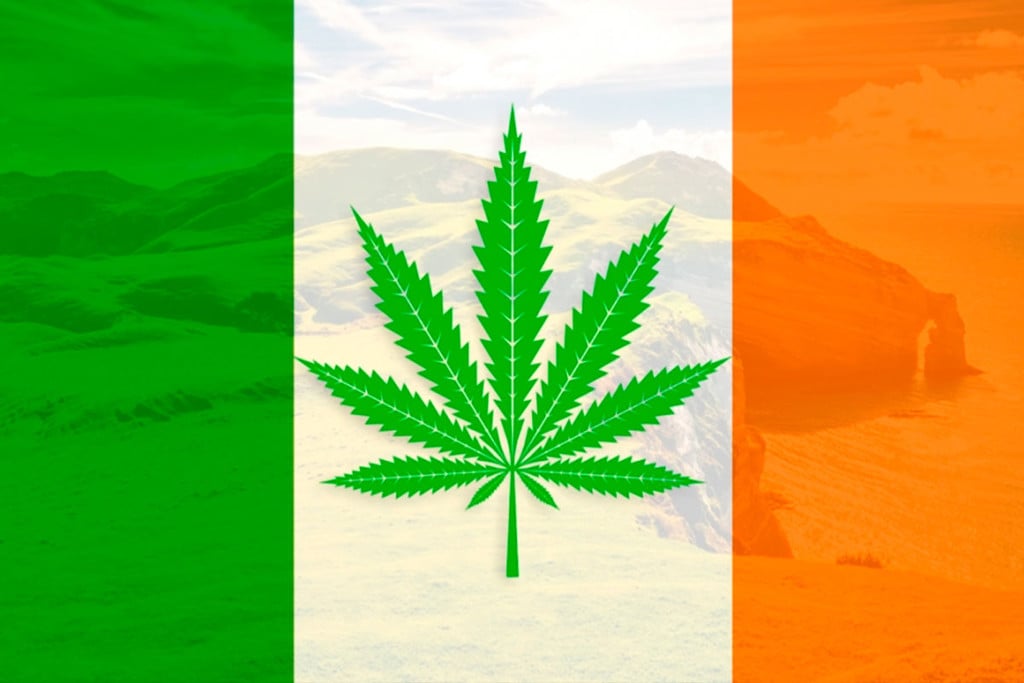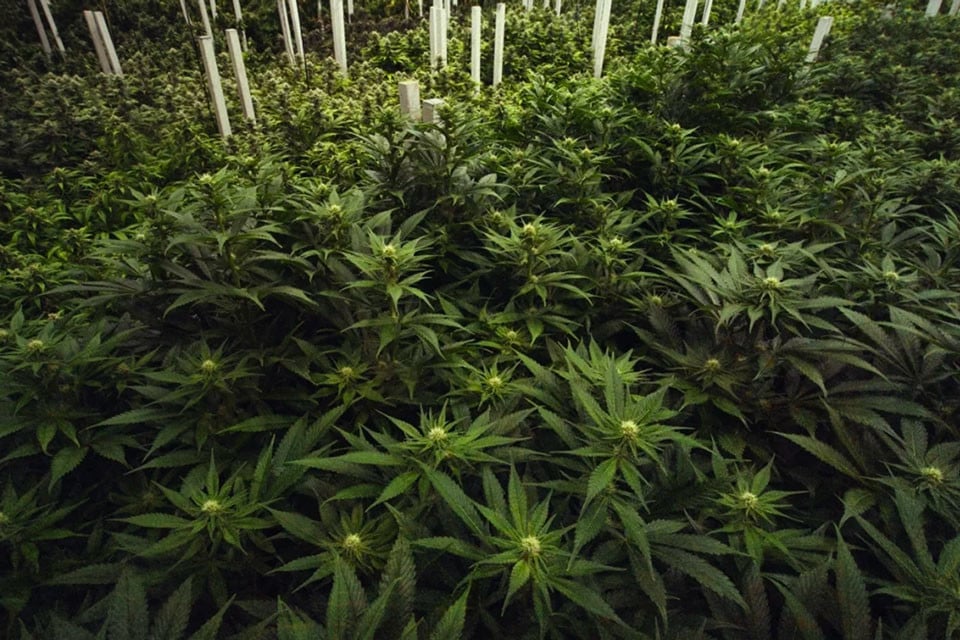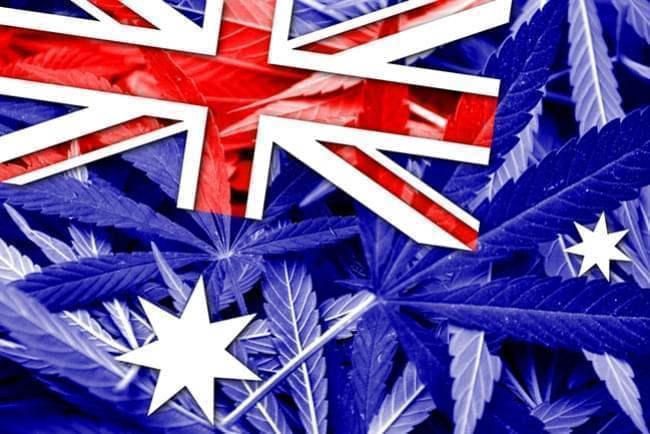.
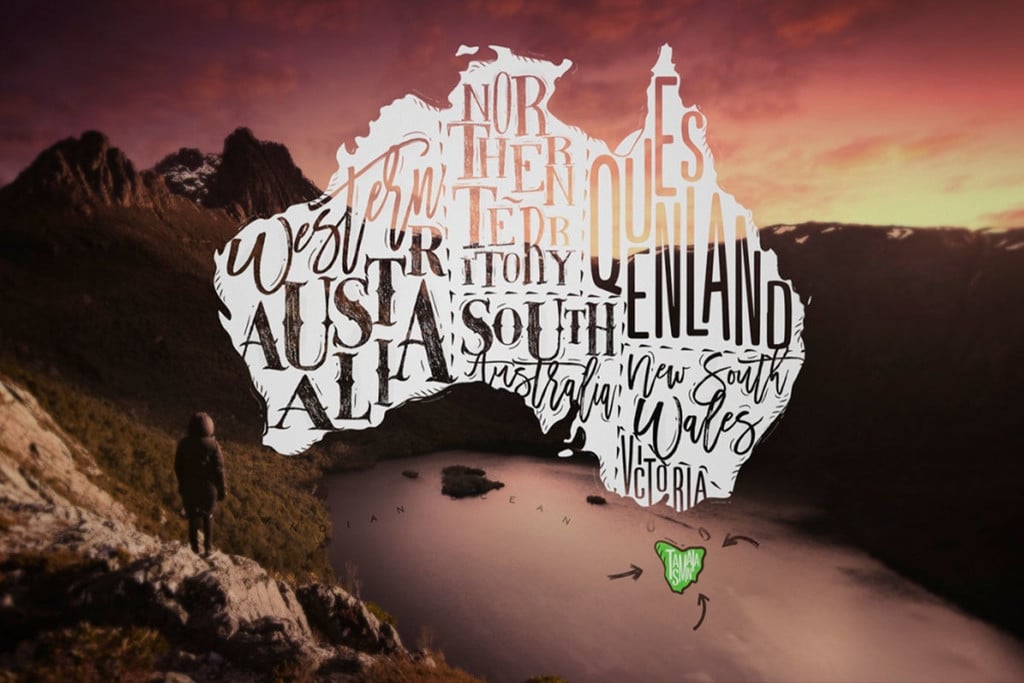
Tasmania Opens Its Medical Marijuana Program
The Tasmanian government has just launched its medical cannabis program. It may be that the island just off the Australian coast plays a big role in not only supplying the entire Australian market, but the global one as well.
September 1 was a major day for sick Tasmanians. The island just off the southern coast of Australia began its medical cannabis program.
The program, called the Controlled Access Scheme or CAS, will underwrite the cost of medications. The state government has allotted A$3.75 million to fund the program. Patients will end up paying about A$40 per month.
The first focus is epilepsy patients. However, Tasmania does not have any restrictions on who can take medical cannabis. The program is expected to widen quickly. Patients with chronic pain and cancer will also be accepted early.
The Tasmanian Department of Health and Human Services has already posted information about how to participate.
Despite this, advocates are already concerned about how the scheme will be managed. Patients must first apply. They must also get support from their doctors. The government has indicated that approvals will only occur on a case-by-case basis.
The focus in Australia is still very much an experimental approach. That means there is no formal program. It also means that patients can fall through the cracks and there is no smooth process in place yet.
In other countries, this is precisely the biggest frustration post-legalization. Those who need the drug the most cannot get it.
That said, it appears that patients will have a fairly wide variety of cannabis products to choose from. Patients will now have access to oral drops, pills, capsules, topical applications, and mouth sprays.
It has, however, been made very clear that smoked cannabis as medication is off the table. At least for now.
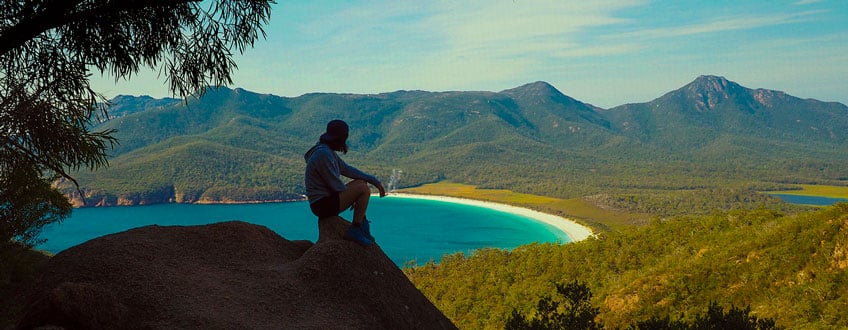
AN AUSTRALIAN GLOBAL SUPPLY PIPELINE?
Strategically, the Tasmanian state program is kicking off at an interesting time. The federal cannabis program in Australia has been in the works since last fall. However, this Tasmanian state program is widely seen as important for another very big reason. It may provide medical cannabis for the entire Australian federal market.
Why?
Tasmania is an island located just 240km south of the Australian continental land mass. It is separated by the Bass Strait. This is relatively shallow and easy to traverse by boat.
The country also has a climate that is ideal for growing cannabis. In fact, the country supplies about 40% of the world’s legal opioid crop. Tasmanian Alkaloids, in fact, has announced that it also received government approval to move into the cannabis market. The company entered a strategic partnership with AusCann earlier in the year. One other company appears to be moving into the space - Tasmanian Botanics. Another 25 companies have also applied for the right to grow or process cannabis. The government has already said further approvals will be granted on an as-needed basis.
Growers are already operating under strict secrecy and security measures. In fact, even the location of the crops must remain a heavily guarded secret.
CANNABIS EX-IM IS PART OF THE CONVERSATION
If in fact Tasmania becomes the main source of Australian medical cannabis, it will effectively do several things.
The first is that it will create a bottleneck supply situation for Australia. That is clearly part of the government’s plan at this point. If all or even most cannabis comes to the continent via an island, this is one way to control supply. That also means that producers on the mainland will already be disadvantaged by location.
Politically, this may create a fight domestically. Other producers will want a chance at getting in on some of this business.
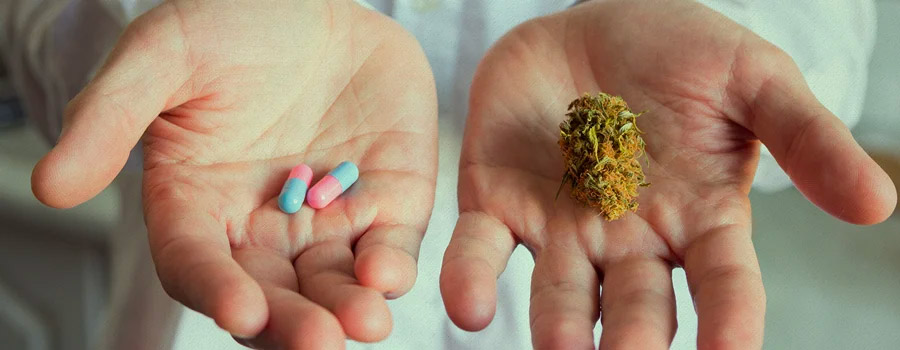
WHAT ABOUT RECREATIONAL?
Cannabis is in fact, not like heroin. Starting with the fact that it is not addictive and fatal overdoses are impossible. Yet, Australia is also not likely to move to recreational pot for the next several years. However, the restrictions on growing might tip the political conversation towards recreational. Much as it is doing elsewhere.
For the short term, this decision also signals something else. It means that medical cannabis in Australia will be that much more expensive. “Imported” or even long-hauled cannabis is just like any other crop. It is cheaper when grown and consumed relatively locally.
So a secure island plantation for cannabis might be good for the Tasmanian economy. But for everyone else? Logistical nightmares seem to be the name of the game.
In addition, cannabis is a high dollar crop. And the international drug cartels are not an issue of the past. Neither are pirates. Especially on the high seas. There is little reason to believe such traffic would be immune from criminal efforts or attention.
And then of course there is this. Cannabis “exports” are still highly controversial. In fact, Israel has just decided to begin exporting medical cannabis. Canadian firms are, with this new exception, the only firms to successfully navigate past UN restrictions on the drug.
Tasmania is clearly no stranger to the restricted drug trade. Could Tasmanian firms move into this trade to serve global patients?
Next year, in particular, there is expected to be a medical marijuana shortage globally. Could Tasmanian medical cannabis come to the rescue? That also appears to be part of the government’s plan. But what happens to local patients if it does?
THE HOT EXPORT PRODUCT OF THE 21ST CENTURY
In fact, this “domestic” move now positions Australia directly into a new form of global trade. And that is what worries local advocates.
If the focus is on supplying a foreign market, will both Tasmanian and Australian patients suffer?
That is a very good question.
In the next several years, how countries roll out their medical programs will be interesting to watch.
With this new development, Australia is clearly not just opening a medical research program for chronically-ill Australians. It is also launching the country into a global drug market that is just beginning to open.



























